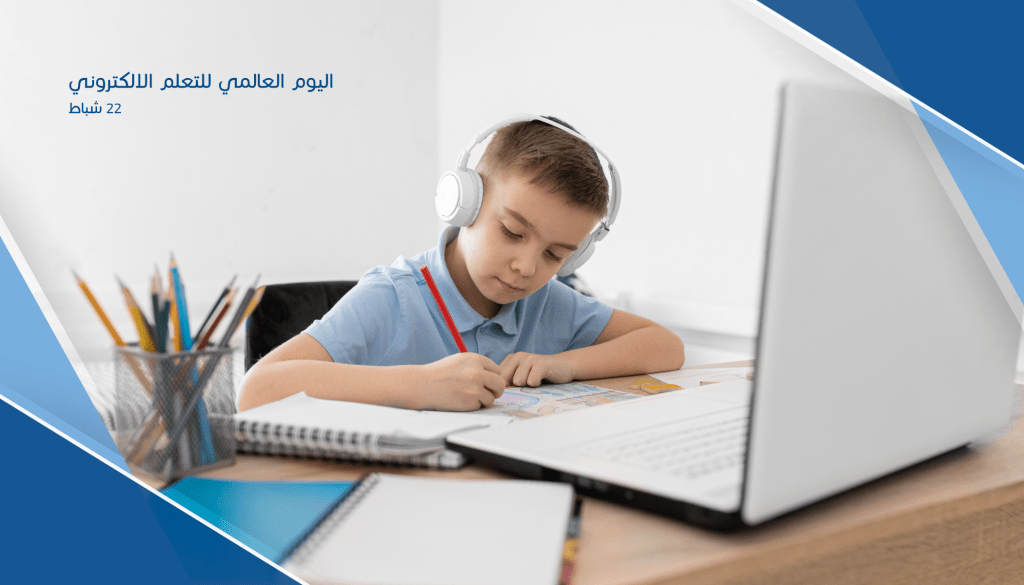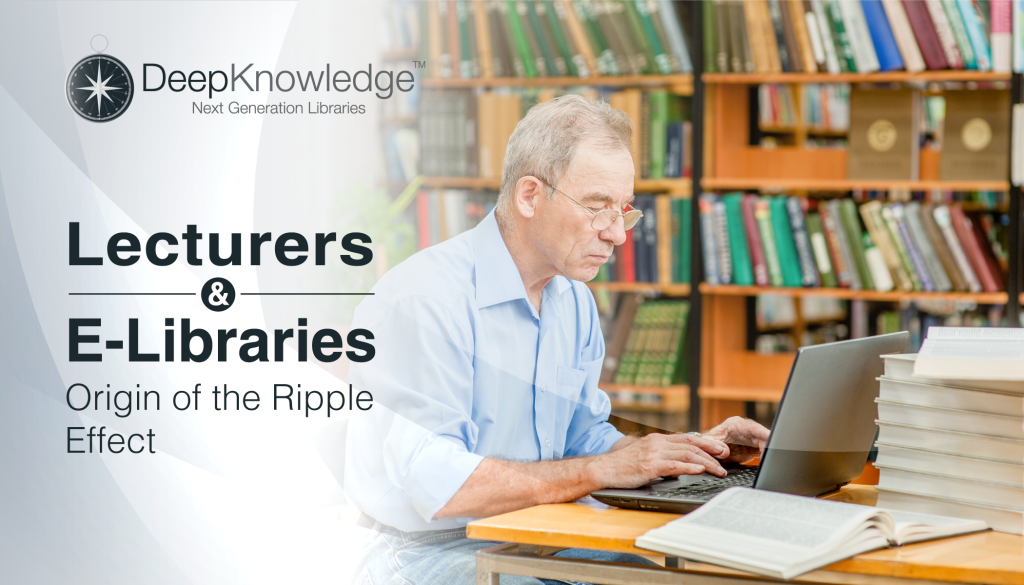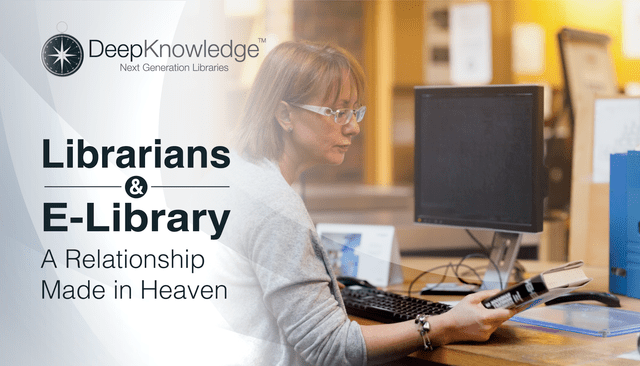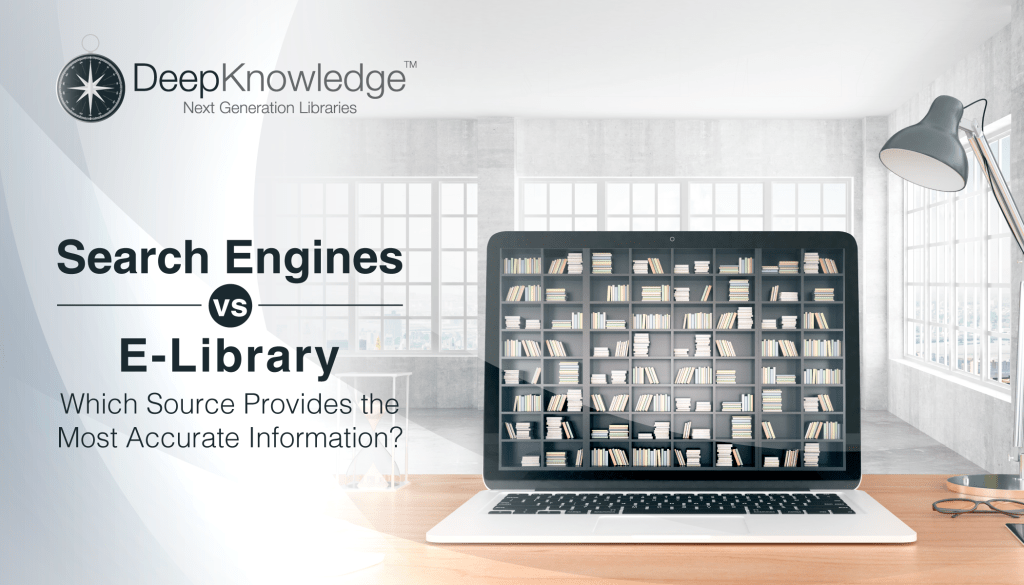
لو مررت بأي مكان عام سواء حديقة أو مقهى انترنت أو حتى مطعم ستجد عشرات الأشخاص يحملون هواتفهم الجوّالة وأجهزة اللابتوب الخاصة بهم لإنجاز أعمالهم ومتابعة أخبار البورصة وعمل الأبحاث الجامعية أو مشاهدة مجريات مباراة كرة القدم. ولا ينطبق ذلك على الكبار فقط بل أيضا على الأطفال والمراهقين، مما يعني أنّ العالم اليوم يعتمد على التكنولوجيا على الأقل بقدر ما يعتمد على معرفة الطقس من أجل إنجاز الأعمال اليومية
وينطبق ذلك أيضا على المجال التعليمي بكل أنواعه ومستوياته، ابتداء من رياض الأطفال وحتى الدراسات العليا. الجميع بات يحرص على إدخال مصادر تعليمية رقمية تسهّل على الطلبة والمعلّمين على حد سواء تدفق العملية التعليمية بشكل سلس وسريع وبما يخدم الأهداف التعليمية.
لقد ساهم التحوّل الرقمي بدور محوري في تمكين المتعلمين في جميع أنحاء العالم من الاستمرار في التعلّم والدراسة بأكثر الطرق فعالية وكفاءة.
إليكم خمسة أسباب تجعل التعلّم الرقمي ضرورة في الوقت الحالي
أولا: يتيح للطلّاب أيّا كان مستواهم الدراسي أن يتعلّموا بالسرعة والوقت الذين يناسبهم. يواجه العديد من الطلاب صعوبة في الوصول إلى الفصل في الوقت المحدد أو صعوبة في أداء الواجبات المنزلية بسبب مشكلات عائلية أو التزامات العمل. يتيح التعلم الرقمي لهؤلاء الطلاب إكمال تعليمهم من المنزل دون أي مشاكل على الإطلاق. يمكنهم الوصول إلى فصولهم الدراسية عبر الإنترنت في أي وقت يريدونه ولا يوجد حد لعدد المرات التي يمكنهم فيها تسجيل الدخول أو المدة التي يقضونها هناك.
وهذا النموذج نجده في العديد من الجامعات على مستوى العالم وخاصة الجامعات المرموقة التي تحرص على وجود مسارين تعليميين يختار من بينهما الطالب طريقة إكمال دراسته الجامعية، بالحضور الفعلي أو الدراسة عن بعد أو الجمع بينهما.
ثانيا: تقليل تكلفة الوصول إلى مصادر المعلومات المهمة لإجراء الأبحاث العلمية ونشرها وتوثيقها. والتكلفة هنا تشمل: الكلفة المادية وكلفة الوقت والجهد. حيث بات توفر قواعد البيانات التي تحتوي على آخر وأهم الأبحاث الموثّقة والكتب والمجلاّت، عاملا مهما في زيادة قدرة الباحث على الوصول إلى المعلومة في أقل وقت وجهد وتكلفة.
ثالثا: يعمل التعلم الرقمي أيضًا على تحسين جودة التعليم في المستويات الابتدائية للطلّاب الصغار من خلال جعل التعلم تفاعليًا وأكثر متعة. كما أنّه يمكّن المعلمين من تتبع أداء كل طفل في صفهم بشكل دقيق ومستمر.
رابعا: يساعد الطلاب على أن يصبحوا أكثر استقلالية واعتمادا على أنفسهم، فيستطيع الطلاب الذين يستخدمون الأدوات الرقمية للتعلم التركيز على احتياجاتهم الفردية والعثور على الموارد المصممة خصيصًا لهم. ويمكنهم أيضًا العمل وفقًا لسرعتهم الخاصة وكذلك التعلم من الآخرين الذين لديهم اهتمامات مماثلة.
خامسا: إعداد الطلاب للحياة الواقعية: إذا أردنا إعداد طلابنا للحياة الواقعية ، فعلينا أن نبدأ في تعليمهم الآن كيفية استخدام التكنولوجيا في حياتهم اليومية. بدءا من تعلم كيفية استخدام الكمبيوتر وبرامجه ، إلى استخدام الأجهزة الرقمية مثل الأجهزة اللوحية والهواتف الذكية، مما سيجعلهم قادرين على التكيف بسهولة أكبر مع العالم خارج المدرسة.
أصبح التعلم الرقمي طريقة رائعة لتعلم مواضيع جديدة ويمكّنك من استكشاف العديد من مجالات الدراسة المختلفة من خلال مقاطع الفيديو على YouTube مثلا. يمكن الآن لأي شخص تعلم موضوع ما من خلال مشاهدة شخص آخر يفعل ذلك بدلاً من القراءة حول كيفية القيام به. لا نحتاج فقط إلى التأكد من أن أطفالنا يتلقّون تعليما جيدا، ولكننا نحتاج نحن أيضًا أن نتعلم كيفية استخدام التكنولوجيا، ومواكبة العصر الرقمي والتعامل معه. وهي ليست مهمة سهلة، ولكننا على الأقل مستعدون لذلك من خلال توفّر جميع الموارد المتاحة عبر الإنترنت في متناول أيدينا!
نحن في TechKnowledge ملتزمون بالارتقاء بالمحتوى الأكاديمي عالي الجودة باللغة العربية كي يتجاوز الحدود الجغرافية. تشمل مجموعة منتجاتنا وخدماتنا مصادر التعلم وخدمات المكتبة الإلكترونية ورقمنة المحتوى باستخدام أحدث التقنيات. نحن نقدم قواعد بيانات بخاصية البحث بالنص الكامل لمحتوى أكاديمي مميّز باللغة العربية من أكثر الناشرين شهرة من جميع أنحاء العالم.





You must be logged in to post a comment.